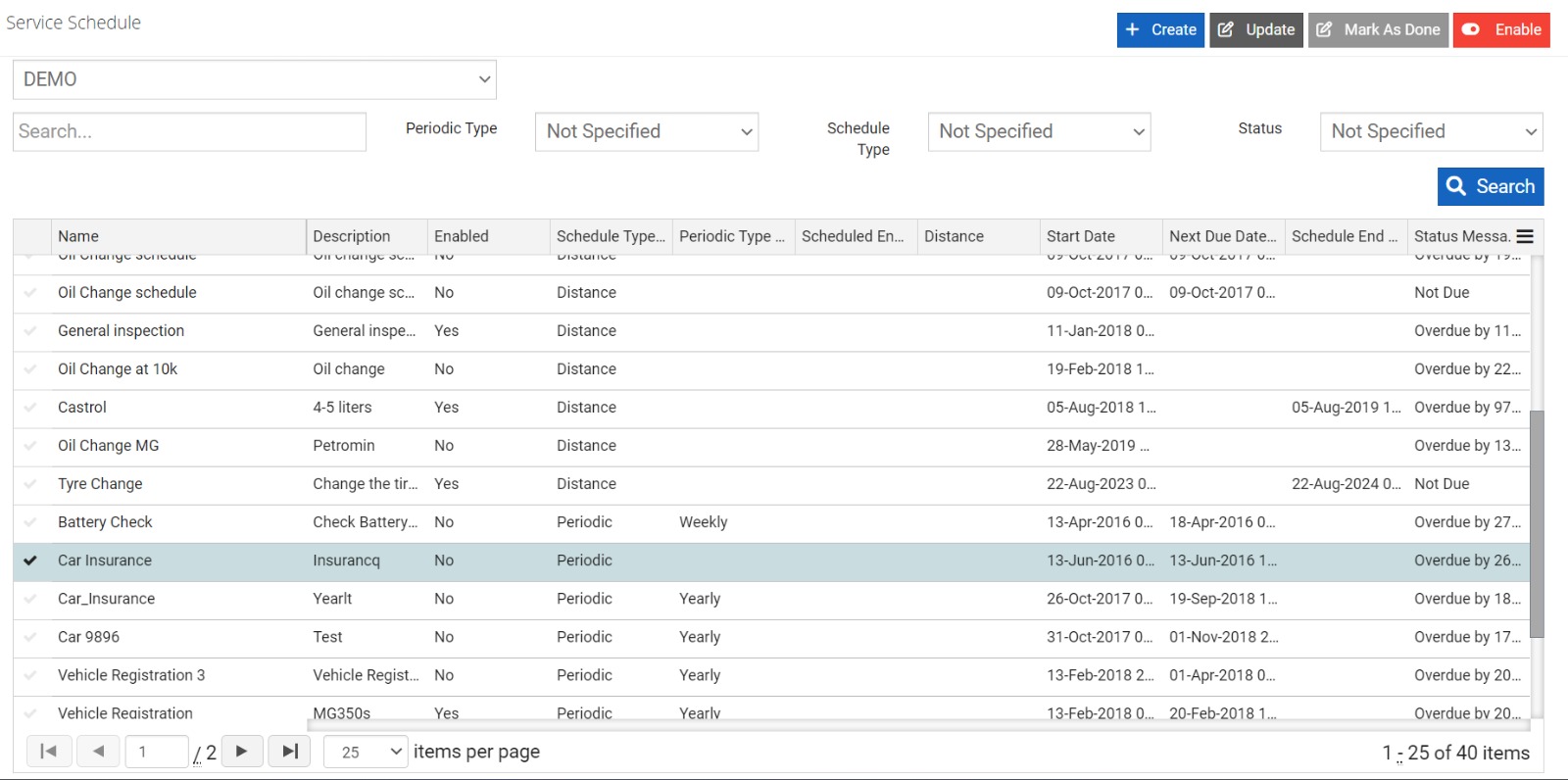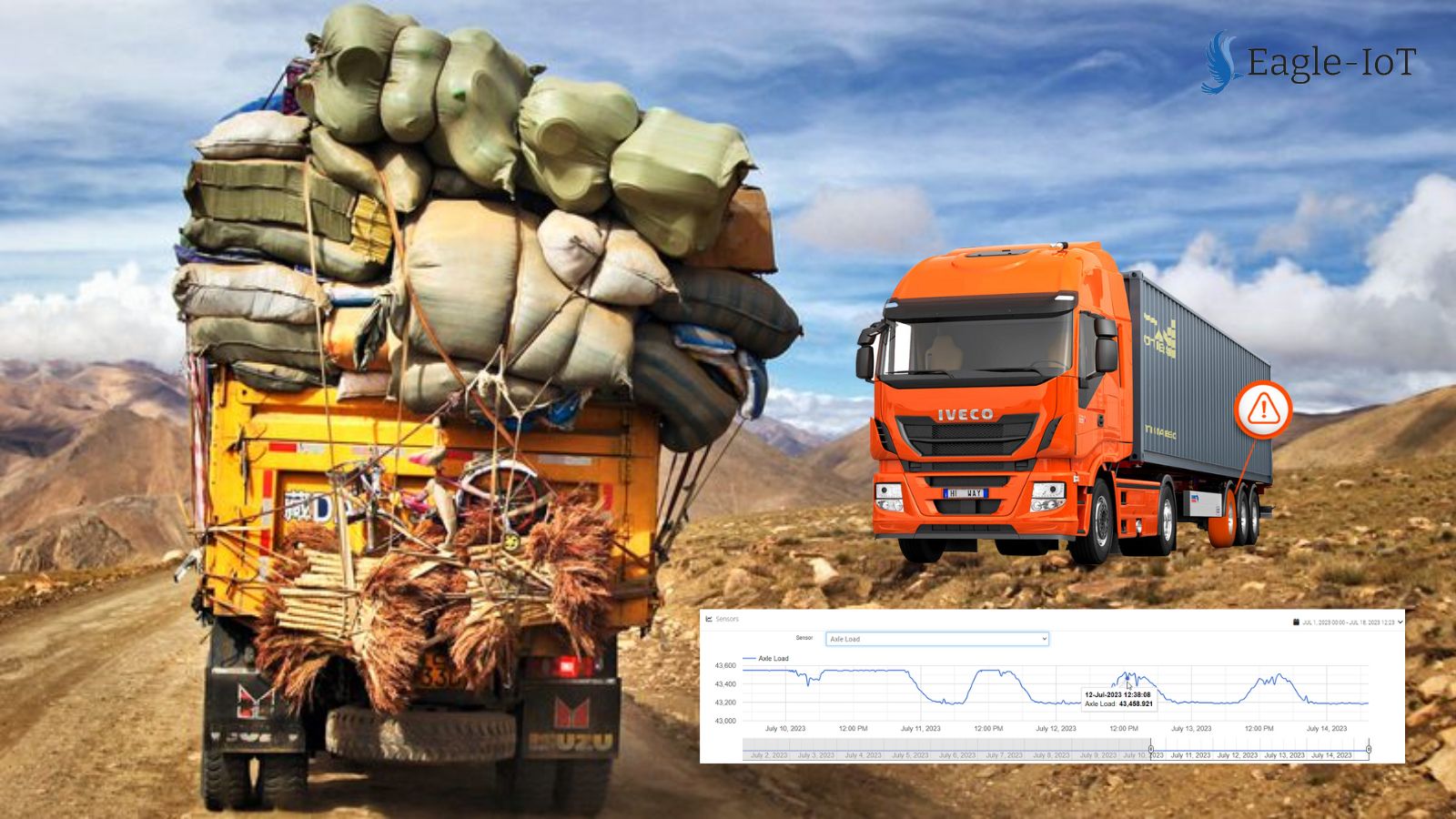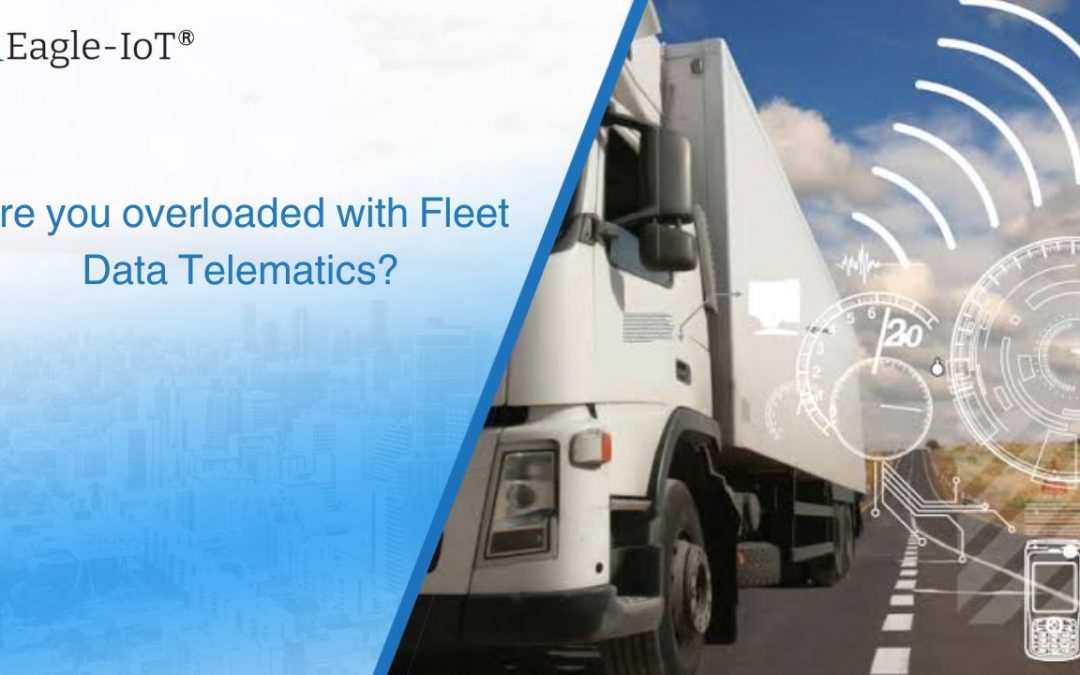Do you have the desire to stay on top of what data is reported but you don’t have the time to sit in front of a computer all day?
Fleet managers commonly indicate that they want to utilize all the fleet data while looking for a third-party aftermarket telematics, without realizing how much data their fleet will create. They are probably going to drown in it, sorting through it all seeking for the one or two items they are truly interested in.
Information overload refers to taking in more information than you can process, often known as “drinking from the fire hose.” Although being overrun with data is the opposite of being in the dark, it may still be harmful, particularly if you’re in charge of your fleet’s well-being and safety.
Some of the forewarnings of information overload and underutilizing the advantages of telematics fleet managers should account for:
- High fuel economy
- High collision rate
- Unplanned repairs and high maintenance costs
- Poor customer satisfaction level
- Low overall productivity
- Compliance violations


Eagle-IoT ensures small fleet owners leverage the telematics capabilities and manage technology costs paying only for services they use by offering a scalable system to filter in and filter out data, to keep things concise without losing their data and computing capabilities.


